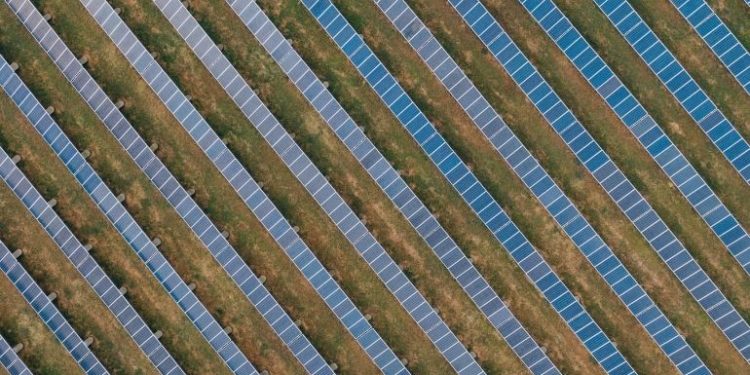On July 22, U.S. Senators Manchin (I-WV) and Barrasso (R-WY) released the Energy Permitting Reform Act of 2024 to enhance energy security and improve permitting for energy infrastructure projects.
In April, more than 200 solar and storage companies called for comprehensive permitting reforms that open federal lands to clean energy, modernize the grid, and build out transmission capacity.
SEIA praised the new legislation.
“We’re pleased to see bipartisan recognition that we must quickly and efficiently build out transmission capacity to keep pace with America’s growing electricity demand,” said Abigail Ross Hopper, president and CEO of SEIA, in a press statement. “For years, SEIA has been calling for a fundamental shift in the way we build transmission capacity and has long advocated for reforms that fairly allocate costs. While we’re still reviewing the details, this is a conversation worth having.
“We also commend the renewed efforts to simplify and streamline the development of clean energy infrastructure on public lands, helping us lower costs for ratepayers and improve grid reliability. This bill is a positive step forward for our clean energy future, and we look forward to seeing this bipartisan bill get introduced on the Senate floor,” she continued.
The American Council on Renewable Energy also applauded the new legislation.
“America’s burdensome permitting process has for years held back clean energy and transmission projects that are vital to our nation’s electricity future. Virtually no interregional transmission lines have been built in the last decade despite their critical importance to grid reliability,” said Ray Long, President and CEO of ACORE in a press statement. “We applaud Senators Joe Manchin (I-WV) and John Barrasso (R-WY) for releasing the Energy Permitting Reform Act of 2024, which will help reduce the permitting timelines for clean energy projects and accelerate interstate transmission in the U.S. The legislation also notably directs FERC to establish an interregional transmission planning process which ACORE has long championed.”


















